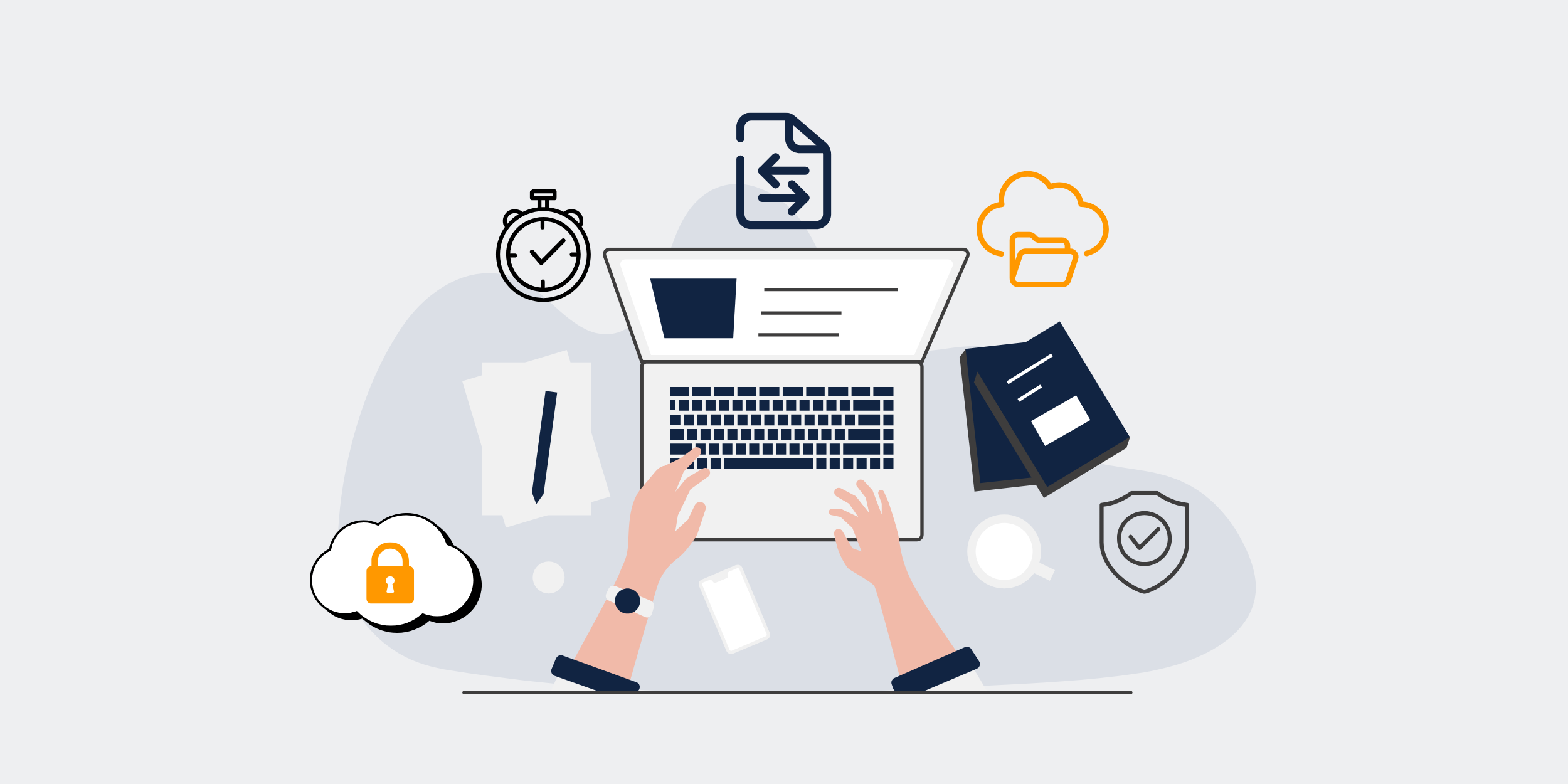Importance of Regular Backups to Protect Your Keap CRM Data

The Vital Role of Data Backups in Preventing Keap CRM Data Loss
The digital era has made Customer Relationship Management (CRM) systems indispensable for businesses. One CRM system that shines above the rest is Keap, formerly known as Infusionsoft. It’s a powerful tool that enables small businesses to streamline their sales process, manage customer relationships, and enhance their marketing efforts. But, have you ever thought about what could happen if you suddenly lost all your Keap CRM data? Data loss can be catastrophic. That’s where regular data backups come into play.
Understanding Keap CRM and Its Importance
What is Keap CRM?
Keap is a robust CRM platform designed to help small businesses automate their sales and customer service processes. It offers functionalities like email marketing, e-commerce, and client management, making it a one-stop solution for business operations.
Why is Keap CRM Crucial for Businesses?
Keap CRM holds a treasure trove of valuable data that businesses rely on every day. From customer contact information to sales records and email campaign details, losing this data could severely impact business operations.
The Menace of Data Loss
Common Causes of Data Loss
- Hardware Failures
- Human Errors
- Cyber Attacks
- Natural Disasters
Consequences of Losing CRM Data
Data loss can have dire consequences. It can halt business operations, lead to loss of revenue, damage your brand’s reputation, and result in regulatory compliance issues. It’s like losing the roadmap while on a critical journey.
The Lifesaver: Data Backups
What Are Data Backups?
Data backups involve creating copies of your data and storing them in a separate location. It acts like a safety net, allowing you to restore your data in case of a loss. Think of it as a spare key to your house – it’s there when you need it.
Types of Data Backup Solutions
Full Backup
A full backup copies all your data. It’s the most comprehensive form of backup.
Incremental Backup
An incremental backup only copies data that has changed since the last backup. It’s more time-efficient and requires less storage space.
Differential Backup
This type of backup saves the changes made since the last full backup. It strikes a balance between full and incremental backups.
Cloud Backup
Cloud backup stores your data on remote servers. It’s accessible from anywhere and typically comes with robust security measures.
Why Regular Backups Are Essential for Keap CRM
The Frequent Updates of CRM Data
CRM data is dynamic. Every interaction with a customer, every sale, and every new contact adds to your database. Regular backups ensure these changes are captured and safeguarded.
Protecting Against Unforeseen Events
Disasters strike when least expected. Regular backups prepare your business for the unexpected, ensuring data recovery is swift and business disruptions are minimal.
Ensuring Compliance
Many industries have strict data regulations. Regular backups help in meeting compliance requirements by maintaining data integrity and availability.
How to Implement an Effective Backup Strategy for Keap CRM
Identify Critical Data
Not all data is created equal. Evaluate your Keap CRM data and prioritize the most critical information for backups.
Schedule Regular Backups
Automation is key. Schedule regular, automatic backups to ensure your data is constantly being updated without manual intervention.
Utilize Multiple Backup Locations
Diversify your backup locations. Use a combination of on-premises and cloud backups to create a robust backup strategy.
Test Your Backup and Recovery Process
A backup is only as good as its ability to restore data. Regularly test your backup and recovery process to ensure it works when you need it most.
Best Practices for Securing Your Keap CRM Data
Encrypt Your Backups
Encryption adds a layer of security to your backups, protecting them from unauthorized access.
Implement Strong Access Controls
Limit access to your backups. Only authorized personnel should be able to access and manage backup data.
Keep Your Backup Software Up-to-Date
Regular software updates ensure you have the latest security patches and features to protect your backups.
Conclusion
No one likes to think about the worst-case scenario, but the reality is that data loss can happen to anyone. The question isn’t if it will happen, but when. That’s why having a solid backup strategy for your Keap CRM data isn’t just a good idea – it’s essential. By regularly backing up your data, you ensure that your business can recover swiftly from any disruption, keep your operations running smoothly, and maintain the trust of your customers. So, take action today and make data backups a priority. You’ll thank yourself later.
FAQs
1. How often should I back up my Keap CRM data?
It depends on your business operations, but generally, a daily backup is recommended to ensure all recent changes are saved.
2. Can I automate the backup process for Keap CRM?
Yes, automation is highly recommended. You can use various software tools to schedule regular automatic backups, saving you time and reducing the risk of human error.
3. Where should I store my backups?
It’s best to use a combination of on-premises and cloud storage. This ensures you have multiple backup copies in different locations for added security.
4. Is cloud backup safe for my CRM data?
Yes, cloud backup is safe as long as you choose a reputable provider that offers robust security measures, including encryption and regular security updates.
5. What should I do if I lose access to my backed-up data?
Immediately contact your backup service provider or IT support team. They can help you troubleshoot the issue and recover your data.
